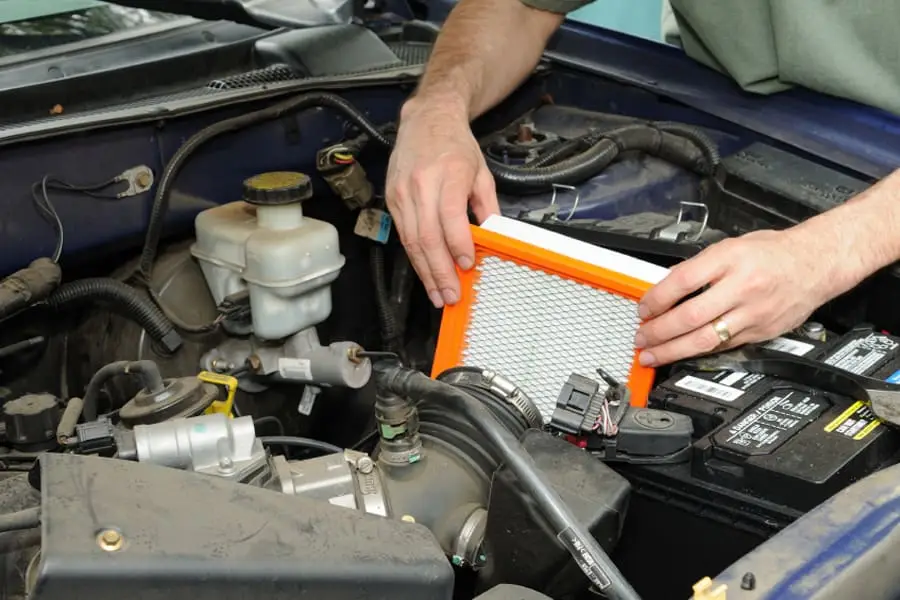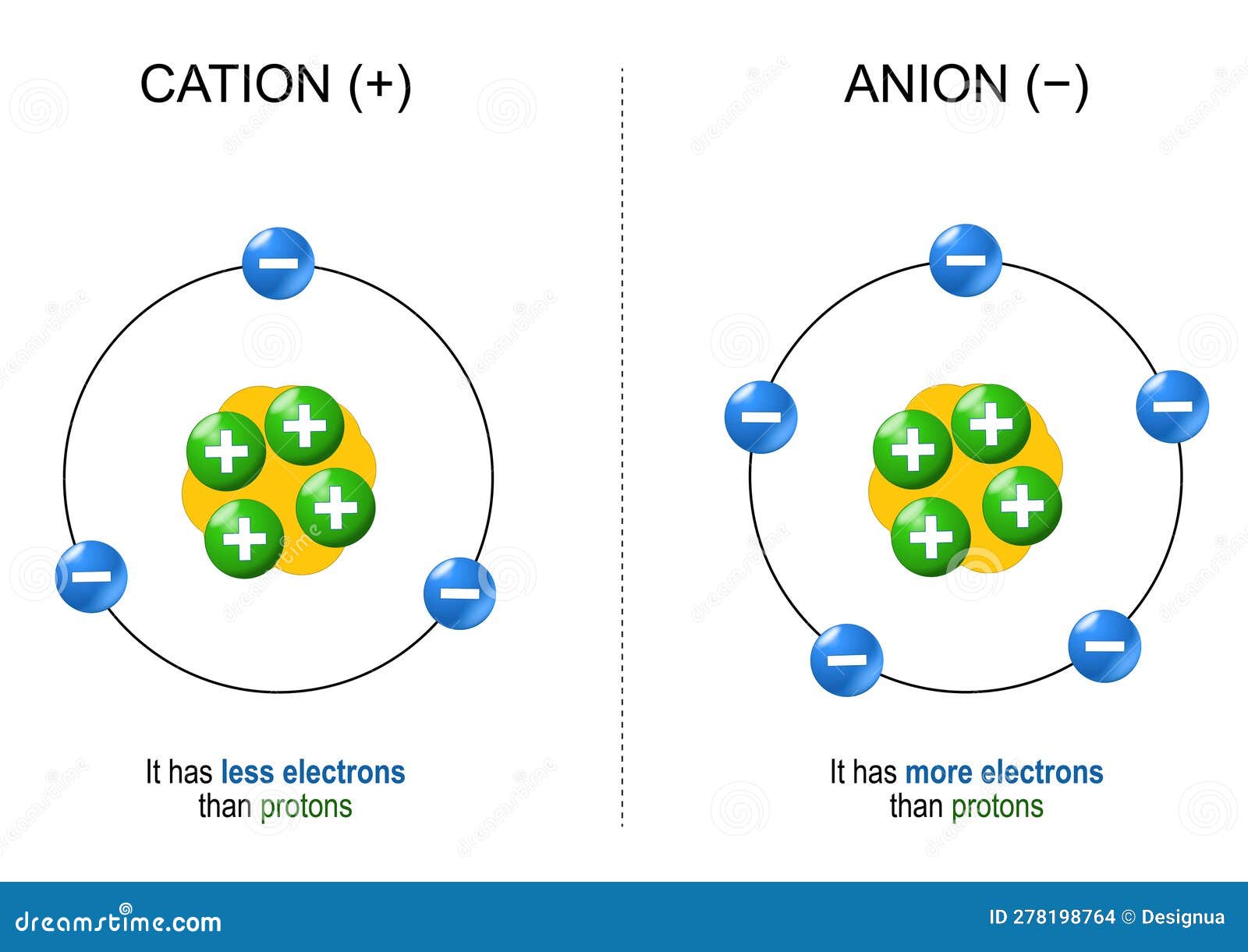A tune-up is essential for maintaining the health and performance of your vehicle, ensuring it runs smoothly and efficiently. In today’s fast-paced world, where vehicles play a critical role in our daily lives, understanding what a tune-up entails can make a significant difference in extending your car’s lifespan. A tune-up involves various maintenance procedures aimed at optimizing engine performance, fuel efficiency, and overall reliability. Whether you're a seasoned car owner or new to the world of automobiles, knowing the basics of a tune-up can help you avoid costly repairs down the road.
For many drivers, the term "qué es un tuneup" might seem technical, but it refers to a series of routine checks and services that keep your car in top condition. From replacing worn-out parts to adjusting engine components, a tune-up ensures your vehicle operates at its best. This process not only enhances performance but also improves safety, making it a vital part of vehicle ownership. As we delve deeper into this topic, you’ll discover the benefits of regular tune-ups and why they’re crucial for every car owner.
In this article, we’ll explore the concept of a tune-up in detail, breaking it down into manageable sections. You’ll learn about the specific services included in a tune-up, how often it should be performed, and the signs that indicate your vehicle needs one. By the end, you’ll have a comprehensive understanding of "qué es un tuneup" and how it contributes to your car's longevity. Let’s get started with a detailed look at what a tune-up entails.
Read also:Ariana Grandes Hermione Impression A Unique Blend Of Talent And Charm
What Services Are Included in a Tune-Up?
When discussing "qué es un tuneup," it’s essential to understand the specific services involved. A typical tune-up includes spark plug replacement, ignition system checks, fuel system cleaning, and battery testing. These procedures are designed to address common issues that arise over time, ensuring your car runs smoothly. For instance, worn-out spark plugs can lead to poor engine performance, while a dirty fuel system may decrease fuel efficiency. By addressing these areas, a tune-up helps restore your vehicle’s optimal performance.
How Often Should You Get a Tune-Up?
One of the most common questions car owners ask is, "how often should you get a tune-up?" The answer varies depending on factors such as vehicle make, model, and mileage. Generally, manufacturers recommend a tune-up every 30,000 to 50,000 miles, but it’s always best to consult your vehicle’s manual for specific guidelines. Regular tune-ups not only prevent unexpected breakdowns but also save you money in the long run by avoiding major repairs.
What Happens If You Skip a Tune-Up?
Skipping a tune-up can lead to several problems, including reduced fuel efficiency, increased emissions, and potential engine damage. Without regular maintenance, critical components like spark plugs and fuel injectors can degrade, affecting your car’s performance. This is why it’s crucial to prioritize tune-ups as part of your vehicle maintenance routine. By understanding "qué es un tuneup" and its importance, you can ensure your car remains reliable and efficient.
Why Is a Tune-Up Important for Fuel Efficiency?
One of the primary benefits of a tune-up is improved fuel efficiency. When your car’s engine and fuel system are well-maintained, it consumes less fuel, saving you money at the pump. A tune-up involves cleaning or replacing air filters, adjusting carburetors, and inspecting fuel injectors—all of which contribute to better fuel economy. By addressing these areas, a tune-up ensures your vehicle operates at peak efficiency.
Qué Es Un Tuneup: Signs Your Car Needs One?
Recognizing the signs that indicate your car needs a tune-up is crucial for maintaining its performance. Common indicators include rough idling, decreased fuel efficiency, difficulty starting the engine, and unusual noises. If you notice any of these symptoms, it’s time to schedule a tune-up. By addressing these issues early, you can prevent more severe problems from developing.
Can a Tune-Up Improve Your Car's Performance?
Absolutely! A well-executed tune-up can significantly enhance your car’s performance. By optimizing the engine, fuel system, and ignition components, a tune-up ensures your vehicle runs smoothly and efficiently. This is particularly important for older cars or those with high mileage, as they tend to experience more wear and tear over time. Understanding "qué es un tuneup" and its impact on performance can help you make informed decisions about your car’s maintenance.
Read also:247 Expert Care At St Dominic Hospital In Jackson Ms
What Are the Long-Term Benefits of Regular Tune-Ups?
Beyond immediate performance improvements, regular tune-ups offer long-term benefits that contribute to your car’s overall health. They extend the lifespan of critical components, reduce the risk of unexpected breakdowns, and improve safety. Additionally, a well-maintained vehicle retains its value better, making it easier to sell or trade-in when the time comes. By prioritizing tune-ups, you’re investing in the longevity and reliability of your car.
Qué Es Un Tuneup: Cost Considerations?
Many car owners wonder about the cost of a tune-up and whether it’s worth the investment. While prices vary depending on the services included and the vehicle’s make and model, a typical tune-up can range from $200 to $500. However, the long-term savings in fuel efficiency and avoided repairs often outweigh the initial expense. By understanding "qué es un tuneup" and its associated costs, you can budget accordingly and make informed decisions about your car’s maintenance.
What Should You Expect During a Tune-Up?
During a tune-up, technicians perform a series of checks and services to ensure your car operates at its best. These may include:
- Inspecting and replacing spark plugs
- Cleaning or replacing air filters
- Checking and adjusting the ignition system
- Inspecting and cleaning fuel injectors
- Testing the battery and electrical system
Each step is designed to address potential issues and optimize your car’s performance. By understanding what to expect, you can prepare for the process and ensure your vehicle receives the care it needs.
How Can You Extend the Benefits of a Tune-Up?
Maximizing the benefits of a tune-up requires consistent maintenance and responsible driving habits. Regular oil changes, tire rotations, and fluid checks complement the work done during a tune-up, ensuring your car remains in top condition. Additionally, avoiding aggressive driving and adhering to speed limits can reduce wear and tear on your vehicle. By combining a tune-up with these practices, you can extend its lifespan and improve overall performance.
Qué Es Un Tuneup: A Key to Reliable Transportation?
In conclusion, understanding "qué es un tuneup" is essential for every car owner seeking reliable transportation. A tune-up not only enhances performance but also improves safety, fuel efficiency, and longevity. By prioritizing regular maintenance and recognizing the signs that indicate your car needs a tune-up, you can ensure your vehicle remains in excellent condition. Whether you’re driving a new or older model, a tune-up is a vital part of responsible car ownership.
Where Can You Get a Quality Tune-Up?
Choosing a reputable service center is crucial for receiving a high-quality tune-up. Look for certified technicians who specialize in your vehicle’s make and model, ensuring they have the expertise to address specific needs. Additionally, reading reviews and seeking recommendations from fellow car owners can help you find a trustworthy provider. By investing in a professional tune-up, you’re taking a significant step toward maintaining your car’s health and performance.
Table of Contents
- What Services Are Included in a Tune-Up?
- How Often Should You Get a Tune-Up?
- What Happens If You Skip a Tune-Up?
- Why Is a Tune-Up Important for Fuel Efficiency?
- Qué Es Un Tuneup: Signs Your Car Needs One?
- Can a Tune-Up Improve Your Car's Performance?
- What Are the Long-Term Benefits of Regular Tune-Ups?
- Qué Es Un Tuneup: Cost Considerations?
- What Should You Expect During a Tune-Up?
- How Can You Extend the Benefits of a Tune-Up?

